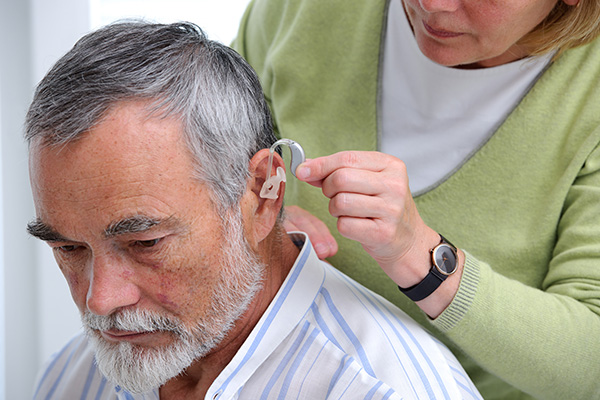How Does an Audiologist Conduct a Hearing Test?
A hearing test gives you the opportunity to determine whether you’re


A hearing test gives you the opportunity to determine whether you’re

Do you find that you often have to ask for people to repeat what they are

Hearing loss is something that affects around 20% of the population of the